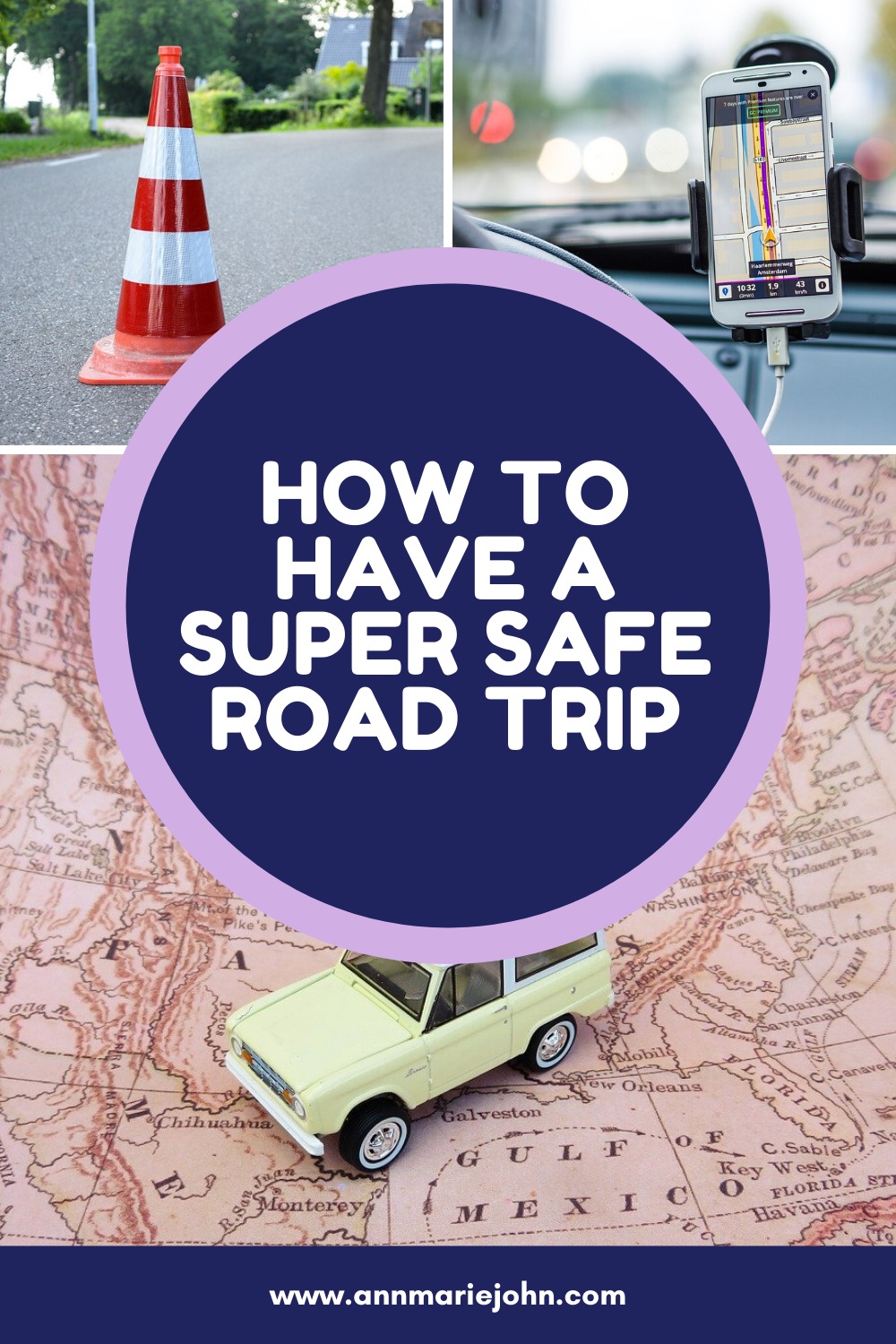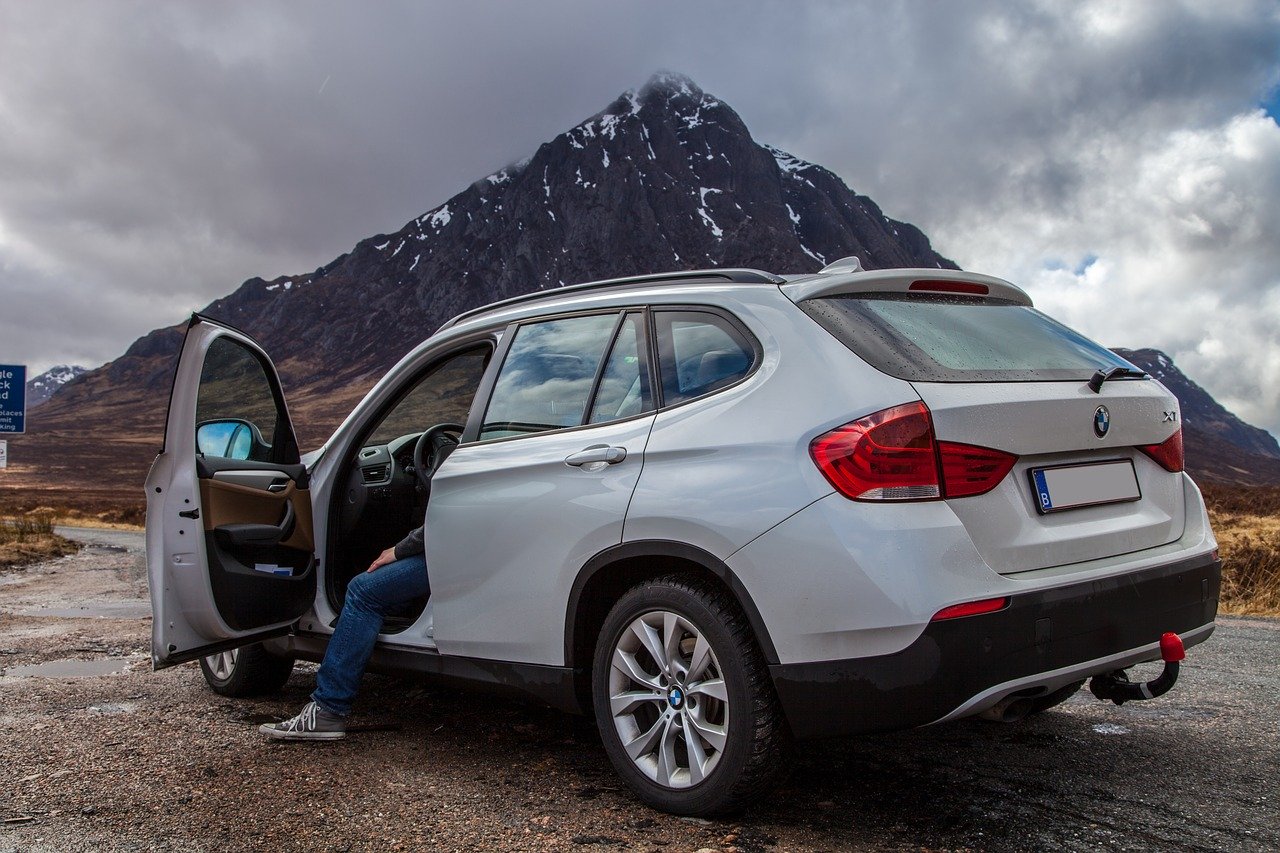Planning a road trip? Learn how to have a safe journey with these expert tips. Don’t let common mistakes ruin your adventure.

With the threat of COVID-19, many are skipping the airlines and are instead opting for their cars. You might feel the urge to get out there and explore immediately, and the freedom that a good road trip can offer is very tempting indeed. However, it’s also one of the riskier ways of traveling the world. As such, you need to be aware of the risks and how you can deal with them to make sure your trip isn’t ended early by some common mistakes.

Give Your Vehicle a Health Check
Whether you’re traveling by car, motorcycle, or something else, it’s important to make sure your local mechanic takes a look over it for any issues that should be cleared up before you head off. You can perform a few checks yourself, too, to make sure you’re fully confident in the vehicle’s ability to get you there and back. Checks such as your tire pressure and tread, fluids such as your power steering, antifreeze/coolant, and that your lights are all functioning correctly are all tests that you can perform on your own. The road trip is a very demanding trial for any car or bike, meaning it’s essential to make sure it’s in good shape for it.
Know How to Drive Defensively
You’re going to get tested by the road as well, not just your vehicle. It’s not unheard of for your attention to start to slip over a long drive, especially at night. Furthermore, you have to practice defensive driving and always be aware of what’s happening on the road around you. A lot of motorcycle accident lawsuits happen because drivers on the road aren’t paying adequate attention to their blindspot. If you need to stop early and have a nap in the car to get refreshed, then it’s better to do that than to drive while getting more tired. It is recommended to take a break every 2 hours of your drive to avoid becoming overly exhausted. Get out and take a walk to combat tiredness.

Pack Your Spare and Some Tools
If you breakdown in the middle of the road, the best-case scenario is that you can call for breakdown repair and get back up. However, that isn’t always possible, so it’s important to pack for the possibility. Safety cones and emergency flares can help you mark off the car to keep it safe, but you should carry and know how to change a spare tire. A car emergency kit can come with a lot of the tools you need to get up and running in most cases, including jumper cables. Consider keeping a packed emergency first-aid kit in your car as well, in the event that an illness derails your plan.
Know Where You’re Going
Feel free to explore out there on the open road, but you should always have a waypoint that you’re aiming to get to and know how to get back on the road. Road trip planning apps can help you find fuel, food, and rest stops on the road. However, if you’re in an isolated location and there is no wireless signal available, always keep a map in the glove compartment of your car as a backup. As such, you’re never too far from knowing precisely where you are, and you don’t run the risk of getting too far away from civilization and any of the things that you need. There’s nothing wrong with taking detours, of course, so long as you know how to get back on track.

Helpful Tips if You’re Involved in a Road Trip Accident
The vast majority of people will reach their destination without any problems at all, but there is always a risk of running into trouble on the road. If you are involved in an accident on your road trip, it’s helpful to know what to do next. The first step is to make sure that everyone is okay and to ensure that the area is safe. Report the incident to the police, seek medical help, and try to write down what you remember. You will also need to inform your insurance provider.
In some cases, collisions and crashes are caused by driver errors or negligence. If you have been injured in an accident that wasn’t your fault, you may be considering contacting a personal injury law firm to learn more about compensation. If this is the case, it’s wise to take some time to research practices in your local area, read reviews and ask for recommendations, and organize consultations. Ask to see results and choose a lawyer who makes you feel comfortable and confident. It’s also important to make sure that you understand how the fees work before you sign any contracts.
In Conclusion
If you’re not careful, you could have your trip ruined by getting lost, by being stuck on the side of the road, or, worse, by getting into a real accident. Follow the tips above to give yourself the best chance of getting through the road trip with nothing but fond memories.
SHARING IS AWESOME!
Pin to your Travel boards on Pinterest.

